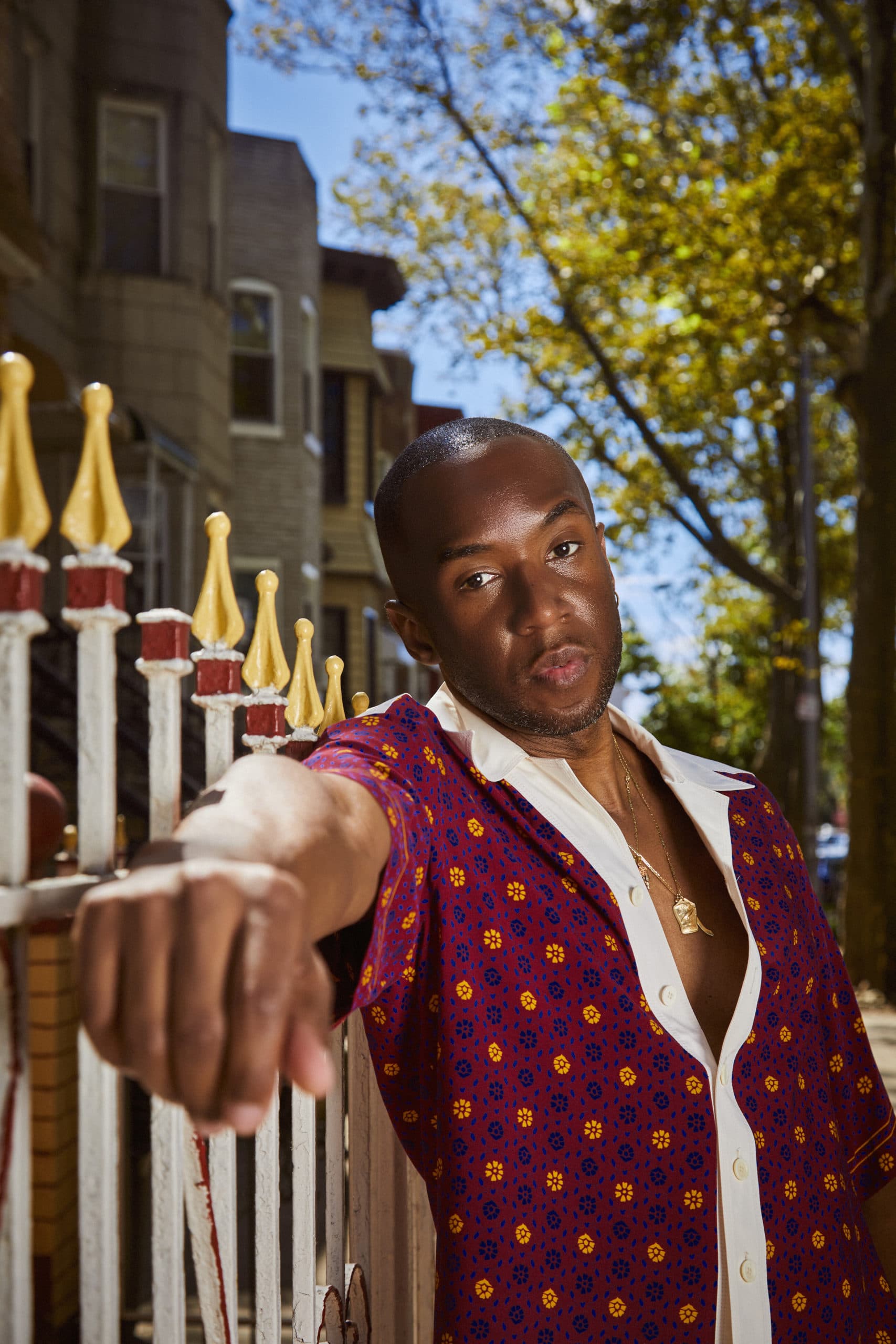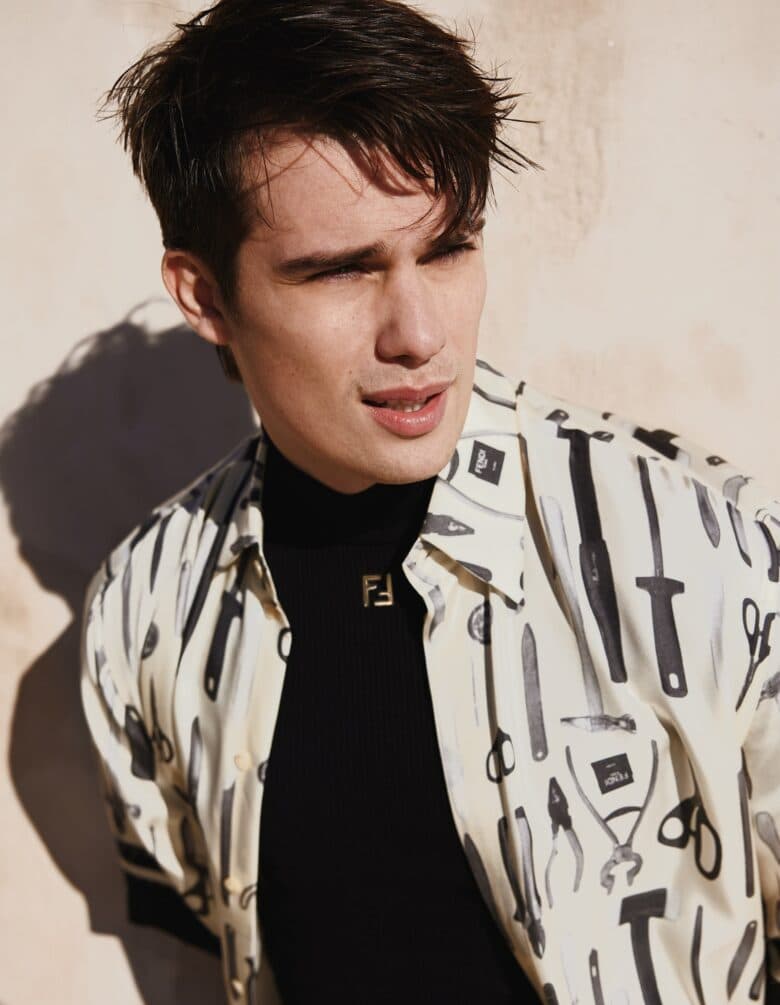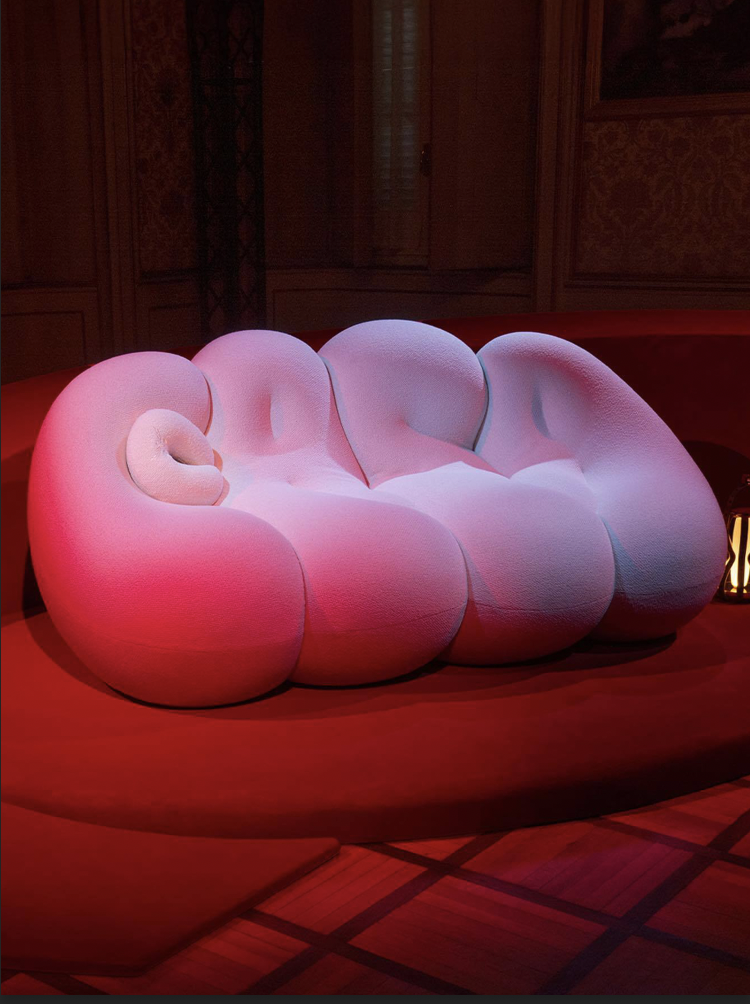“Disruptive” is a term that’s been overused to the point of cliche in the business space, but every once in a while someone comes along who breathes new life into it. One such person is Jaé Joseph who, alongside Brianna Wise, co-founded The Black Apothecary Office (or BAO for short): a talent accelerator for Black and Latinx creators and brands in the beauty space. Harnessing a genuine love of beauty alongside a business acumen and creative savvy, BAO is all about giving individuals the chance to shine in an industry which has, for far too long, been much too slow to tackle its ingrained inequalities.
With BAO backed by such an important mission, Joseph is not looking to waste any time. With a longterm ambition of creating an authentic community and nurturing the next generation of talent, he is working intentionally to create a business culture which priorities purpose over profit, laying the foundations of a meaningful mission. Below, HUNGER catches up with Joseph about legacy, passion and creating necessary, and lasting, change.
For starters, let’s introduce The Black Apothecary Office. What does it do, why and what form does it take?
BAO is a new concept model educational consulting accelerator for Black and Latinx creators, collaborators, and disruptors in the beauty and wellness space. BAO works intensively with start-up brands providing them with the tools to get in the best possible shape to build a viable business, pitch investors, and bring a product to market.
Our program is specifically created to aid in beauty and wellness brand development for startups. Our focus is to further enhance your brand through impactful strategic guidance, while problem-solving, giving your company the resources needed to succeed.Upon acceptance, startups receive all necessary on-boarding like production, marketing, branding and so much more. After graduating, the brand will be able to apply for financial aid.
Now it’s time to get to know you a bit better. Could you talk HUNGER readers through your creative and professional background?
I think my foundation has always been quite the same, the way I am communicating or telling a story through different mediums or cultural programming, art direction and producing. I am a patron of the arts who supports museums ranging from the MoMA to the National Museum of African American History and Culture, I have spent much of my career working as an artistic director and communications advisor for some of the biggest names in the art world, including artists Marina Abromovic, Mickalene Thomas, Jeffrey Deitch. Recently I was appointed The Director of Cultural Programme for Cultureworks Group [the parent company of the merged entities] Fotografiska and Neuehouse.
How does this influence what you do with The Black Apothecary Office?
I believe good design, like good art, encourages conversation and reinforces our humanity. Both design and art are broad and challenging areas of study and work, but once I found my niche as a cultural producer, I was able to bring all my passions and interests together. All of these experiences in my career path are a culmination of what I am building through the platform of The Black Apothecary Office and how it harnesses relationships to people and culture.
My background is a sum of parts, of ideas, of storytelling, of good taste, of good visuals, of appealing language and, finally, of disruption. Disruption and surprise are the hardest things to achieve while staying on brand, but that is the ultimate goal. You bring all these ingredients together, you cook them and then it’s something delicious. There’s something so delicious about success.
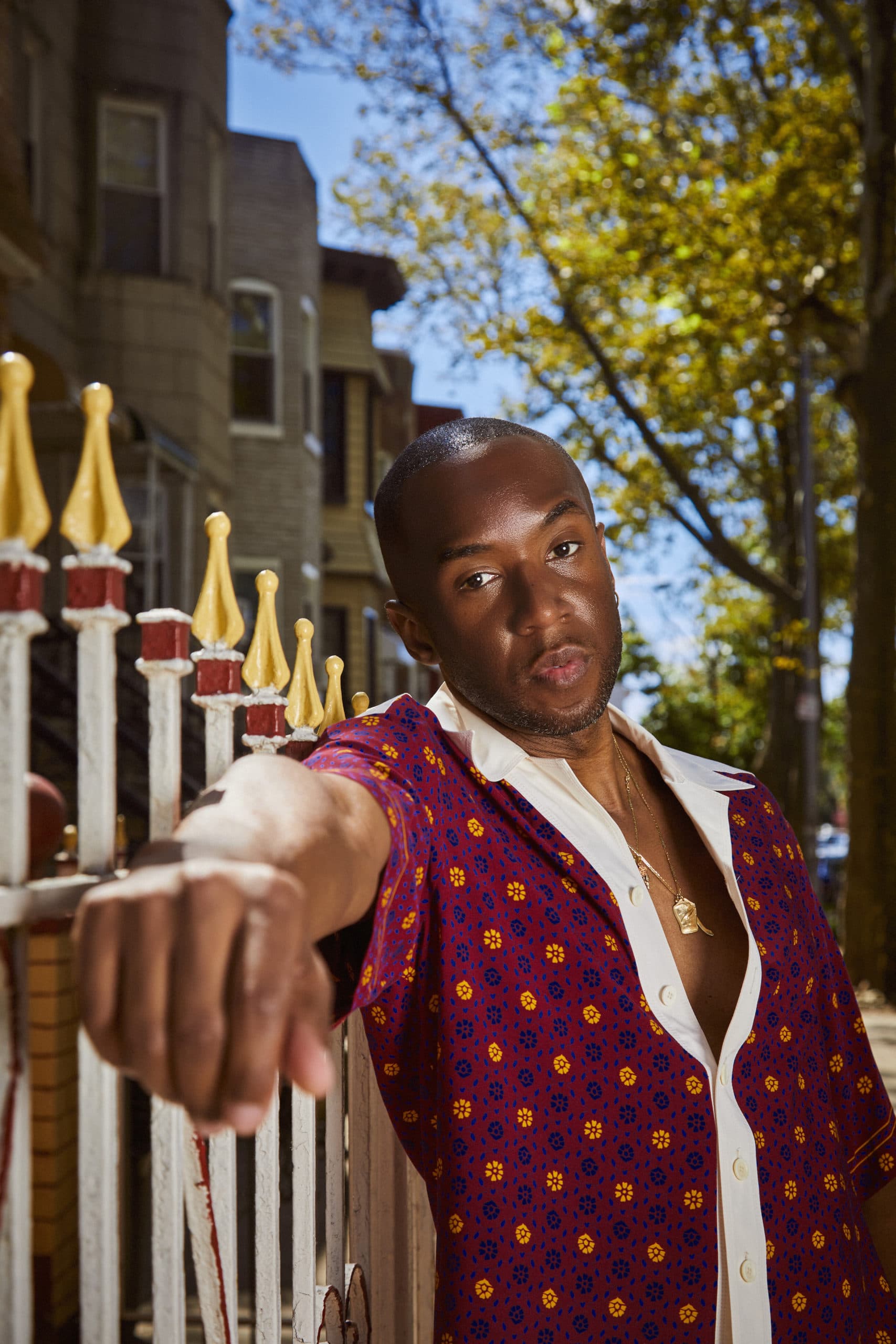
What was the lightbulb moment that led to the creation of BAO?
In 2020, cosmetics companies were put under pressure to release real data on their diversity, with major players like Coty, Estée Lauder, Revlon Inc. and the U.S. division of L’Oréal publishing their percentages of black employees. And for many brands, the numbers did not look good. Only 13 percent of board seats at 10 of the leading North American and European beauty companies were occupied by people of colour. And this time, brands were held to account and had no choice but to respond.Many brands launched scaled up diversity initiatives, like L’Oréal’s Global Diversity and Inclusion Advisory Board. Others pledged donations to racial equality causes. And some retailers, like Sephora, made commitments to stock more black owned beauty brands. With brand preference increasingly driven by personal politics and consumer dollars consistently being channelled towards brands with diversity at their core, beauty category players will and should continue to prioritise racial diversity across all activity.
I asked myself what I was going to contribute to the growing movement around diversity, equity, and inclusion. The Black Apothecary Office is a culmination of all of my experiences in fashion, art, and entertainment that have worked together and given me a perspective on business and social concepts that I want to pass on. My childhood was nurtured by beautiful Black and brown women and men whose beauty and wellness routines were their power and escape. Women of colour have a unique relationship with beauty and wellness – it’s a social activity and a self-care indulgence. It is not as transactional as the industry would like to think…
More broadly, how would you describe the wider business and cultural context behind BAO’s creation?
Cultural integrity is central to our program structure: we want to expand the number of “better for you” product lines in the digital health and wellness space that cater specifically to the Black and Latinx communities because marginalised ethnic groups continually rank as one of the lowest on the social determinants of health scale.
We hope to be a catalyst for change by building more health and beauty industry business leaders who are representative of the Black and Latinx community. These leaders will work to change the social construct by challenging the way the world sees and celebrates people who look like us, and they’ll be grounded in a deep understanding of our specific needs.
Who are some of the brands you work with and why are they special?
Two of the skincare brands we work on are MyKoche and Tracaris. Created to fill the void of luxury skincare products for men and redefine what it means to be masculine, Tracaris aims to help give both men and women the opportunity for an intentional self-care ritual. It’s serum contains hyaluronic acid, vitamin C and tamanu to strengthen the skin barrier, fight acne, reduce fine lines and soothe and repair redness and scars.
Consisting of handmade, natural products, ko-che was founded to help a mother provide her son with a holistic way to manage his sensitive, dry skin. The range encompasses body lotions, bath bombs, face washes, and soaps – all soothing, hydrating, and moisturising. The brand also offers online classes where you can get together with friends and create your own body creams.
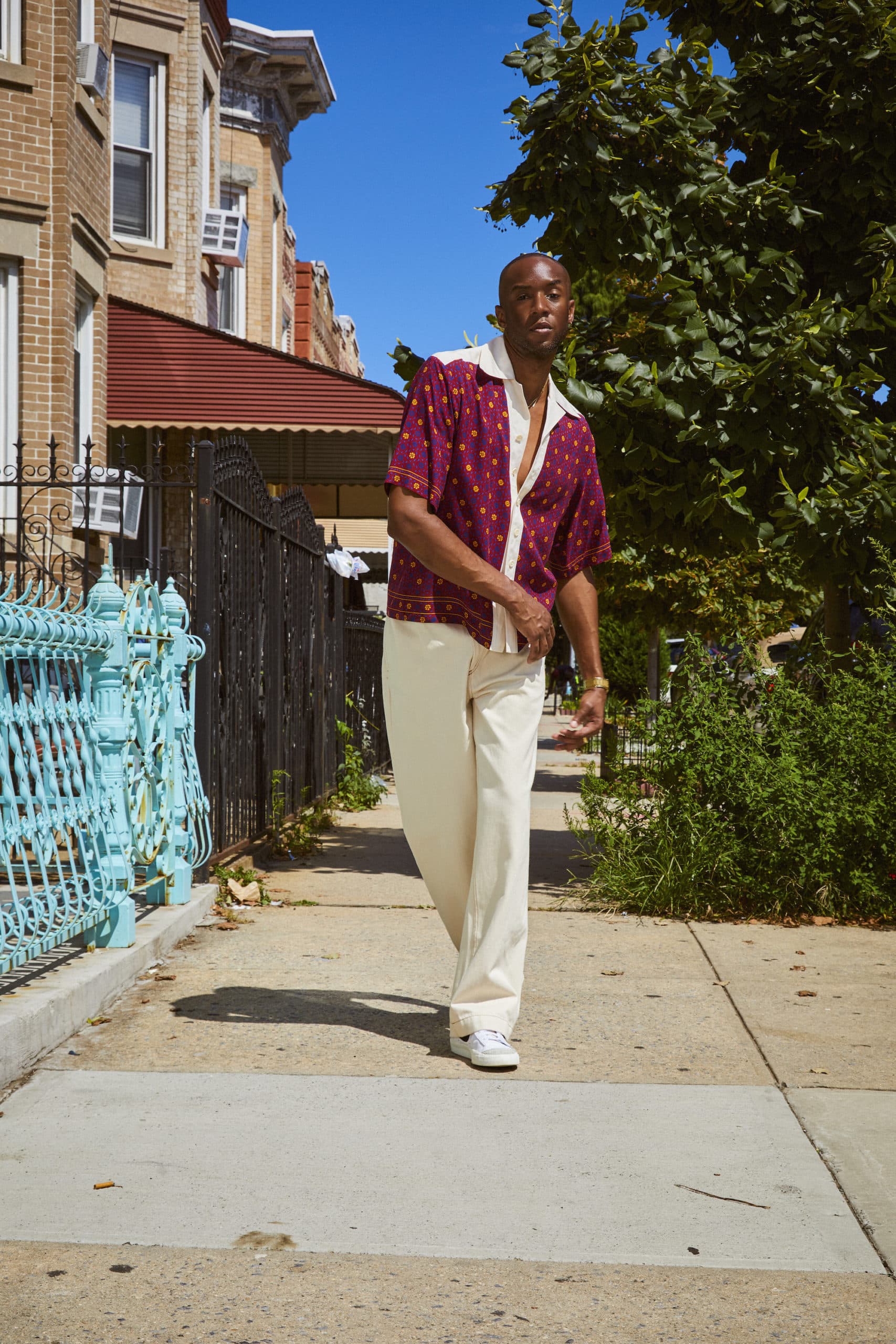
I know BAO has also come out with its own beauty offering, could you talk us through what products you offer?
In the development of BAO- The Black Apothecary Office we felt inspired to matriculate and advance our own voice in the beauty and wellness space by developing BAO Essentials. BAO Essentials is our house brand, as I refer to it as “bodega beauty” of four core products: a toner, a cleanser, a lotion and a night creme with a principal ingredient of papaya enzyme.
Protecting your delicate skin barrier with biotin and collagen amino acids, the Jalissa Papaya Enzyme Protection (named to mean “noble and attractive one”) is one seriously multitasking daily moisturizing lotion. While cucumber, kiwi, and sage extracts restore hydration to thirsty skin, those all-important fruit extracts promote cell turnover for soft, clear skin. Rounding out this debut collection is a rich night cream, the beautifully named Empress that not only mainlines moisture right into the complexion but also promotes firmness, radiance, and inflammation regulation. In fact, the adenosine triphosphate (ATP) ingredient mimics molecular energy to effectively supercharge aging skin cells.
What’s happening in the immediate future for BAO?
Currently the brand is queuing up to launch into our retail division and be available in at least 3 to 4 markets in the US, Canada, the UK and China. We recently were invited to participate in the Informa Brands accelerator program for the Project and MAGIC trade shows in Vegas where we had the opportunity to present our skincare collection to potential buyers, press and media.
This has opened the doors to boutiques and specialty retailers to be able to offer our products to their consumers. We are also setting our sites on future brand collaborations and revealing our corporate partner for our upcoming accelerator this fall.
In ten years’ time, what do you hope BAO’s legacy will be?
BAO is an intentionally-led brand that is striving to build purpose over profit. We mirror the audience and culture that we want to not just speak to, but listen to their needs and desires.
Consumers, particularly younger generations, are embracing gender fluidity and rejecting the notion that certain categories only cater to certain genders. In turn, beauty brands are beginning to look beyond their traditional female consumer base, and BAO is a part of that conversation and will continue to prioritize community, across all activities. We are driven by innovation and staying inherently connected to culture, and that drives us forward into the future while building a sustainable brand.
